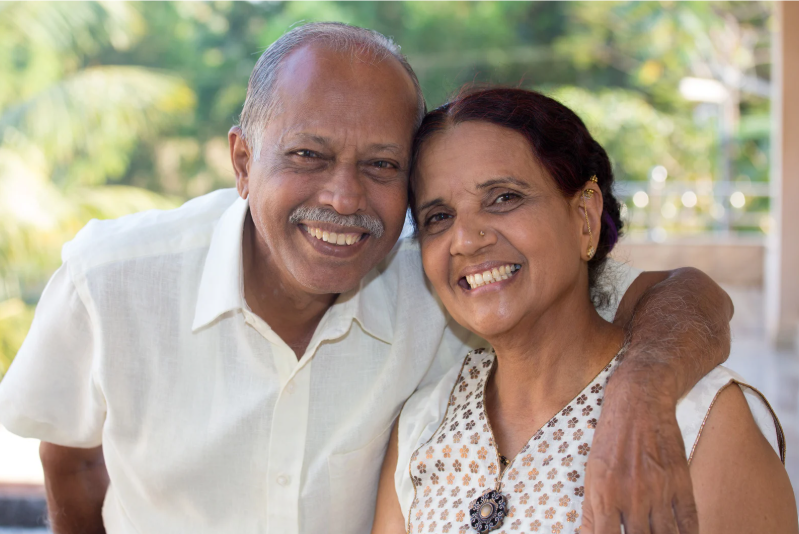
Beyond Chinta and Pir
In every Nepali household, our elders—our hajurba and hajurama—are revered as the pillars of our families. They are the keepers of our stories, our traditions, and our wisdom. We see them as figures of strength, but we often fail to see the silent battles they may be fighting within.
As our society changes, with children moving to cities or abroad for work, the traditional family support system is evolving. This leaves many of our seniors facing new and profound emotional challenges. At Happy Minds, located right here in Lalitpur, we believe it's time to have an open conversation about the mental well-being of our elders and extend the same care to their minds as we do to their bodies.
Common Mental Health Issues Among Nepali Elders
The struggles of our seniors are often hidden behind a quiet smile or dismissed as just a part of old age. It's crucial to recognize the signs for what they truly are.
- The Weight of Eklopan (Loneliness): Perhaps the most widespread issue is a deep, pervasive loneliness. In homes that were once full of noise and activity, silence now echoes. With children and grandchildren far away, the lack of daily conversation and connection can lead to profound sadness and isolation.
- Chronic Chinta (Worry) and Anxiety: Seniors often carry a heavy burden of worry. They worry about their own deteriorating health, the financial stability of their family, and the well-being of their children living abroad. This constant state of anxiety can be mentally and physically exhausting, often manifesting as sleep problems, restlessness, and a perpetual sense of unease.
- Unaddressed Grief (Ghaata): Losing a life partner, siblings, or old friends from the village (gaau) is a natural part of aging, but the grief can become overwhelming without a strong support system. This isn't just sadness; it's the loss of a shared history and daily companionship, which can lead to a state of prolonged mourning.
- Physical Pains with No Clear Cause: In our culture, emotional distress often comes out as physical pain. If your elderly parent constantly complains of headaches (tauko dukhne), body aches (jui dukhne), or fatigue with no clear medical reason, it could be a sign of underlying depression or anxiety.
- Loss of Purpose and Respect: For generations, elders were the respected heads of the household. As family dynamics shift, many feel their role has diminished. No longer being the primary decision-maker or contributor can lead to feelings of worthlessness and of being a burden (bhaar).
